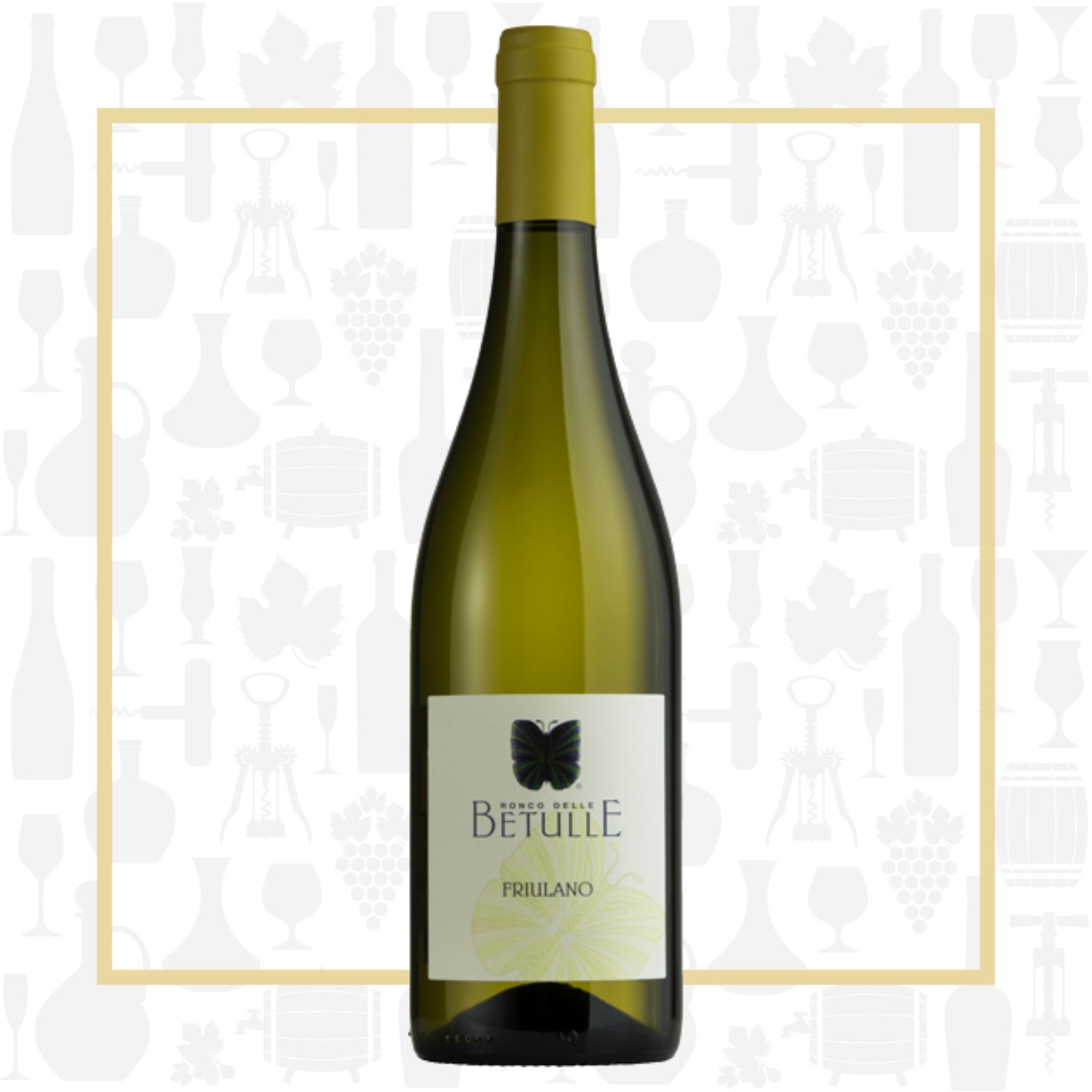Cellar Profile
Nestled in the Friuli hills, just 30 km from the sea and a short distance from Slovenia’s winegrowing regions, Ronco delle Betulle is in a historic and acclaimed region for wine production. The subzone of Rosazzo is part of the larger Colli Oriental del Friuli DOCG. The estate has been certified organic since 2019. The mother/son team of Ivana and Simone Adami believe in minimal intervention, both in the vineyard and the winery. They eschew chemicals and herbicides, use only estate fruit, avoid irrigation and machine harvesting, utilize spontaneous ferments and only use light filtration in a couple of their white wines, with the remainder of their production bottled unfined and unfiltered. Though Colli Orientali is known more for its aromatic white wines, the Rosazzo subzone is also a great place to produce structured reds, particularly from the indigenous varieties, Pignolo and Refosco. The vineyards sit in the curious “Ponca” soil that exists only in this region. It is rich in mineral salts that carry through into the wines, offering a balancing salinity to the opulent fruit.
Region
Ronco delle Betulle nestles in the hilly eastern part of Friuli in a sub zone called Rosazzo, an estate of approximately 17 hectares, of which 10 are under vine. The hills of Rosazzo benefit from a special microclimate set by several geographical factors: its closeness to the sea, its altitude and the presence of elevated parts. The nearby sea (which is approximately 30 km away) and the vicinity of the hills of Monte Santa Caterina mitigate the climate; it is more breezy,more sunny and less rainy here than in surrounding areas.
Vineyard
The vines are planted 70 quintals per hectare using a double-arched cane trellising system. The harvest is strictly manual. Ronco delle Betulle benefits from mixed soil made of marl, calcareous clay, sandstone and calcified sand. This soil, referred to as “Ponca”, originated approximately 50 million years ago. It is rich in mineral salts and other nutrients that yield high quality grapes, and hence fine wines.
Winemaking
Organically grown grapes are left to fully ripen, then are hand-harvested, sorted and de-stemmed. The juice macerates on the skins in stainless steel for three days at cool temperatures to extract more phenols and complexity. The grapes are then pressed for a long, cool fermentation using native yeast. The wine sees no oak, but is left to rest on its lees for six months to add mouth-feel. Bottled unfined, with no sterile filtration.
Varieties
Friulano, the most popular and widely planted white grape variety in Friuli, is a late-budding variety usually used to produce wines of the region. Officially called Sauvignonasse, this lean, dry herbal white is often mistaken for Sauvignon Blanc. Friulano wines can gain body and complexity when grapes are harvested later in the growing season, with care to restrict yields. Extended lees contact can also improve character.
Tasting Notes
Musky aromas of green pea, ripe peach, melon and pith. Despite its freshening acidity,the palate has a creamy texture, with the melon and peach notes joined by minerality and bitter almond. There is also a saline character that adds complexity. This is more generous than many other examples of Friulano. Late harvesting gives this wine a touch of viscosity, making it an ideal partner for Linguini Alfredo with Caesar salad, Pasta e Pisseli or serve lightly chilled with Brie.

